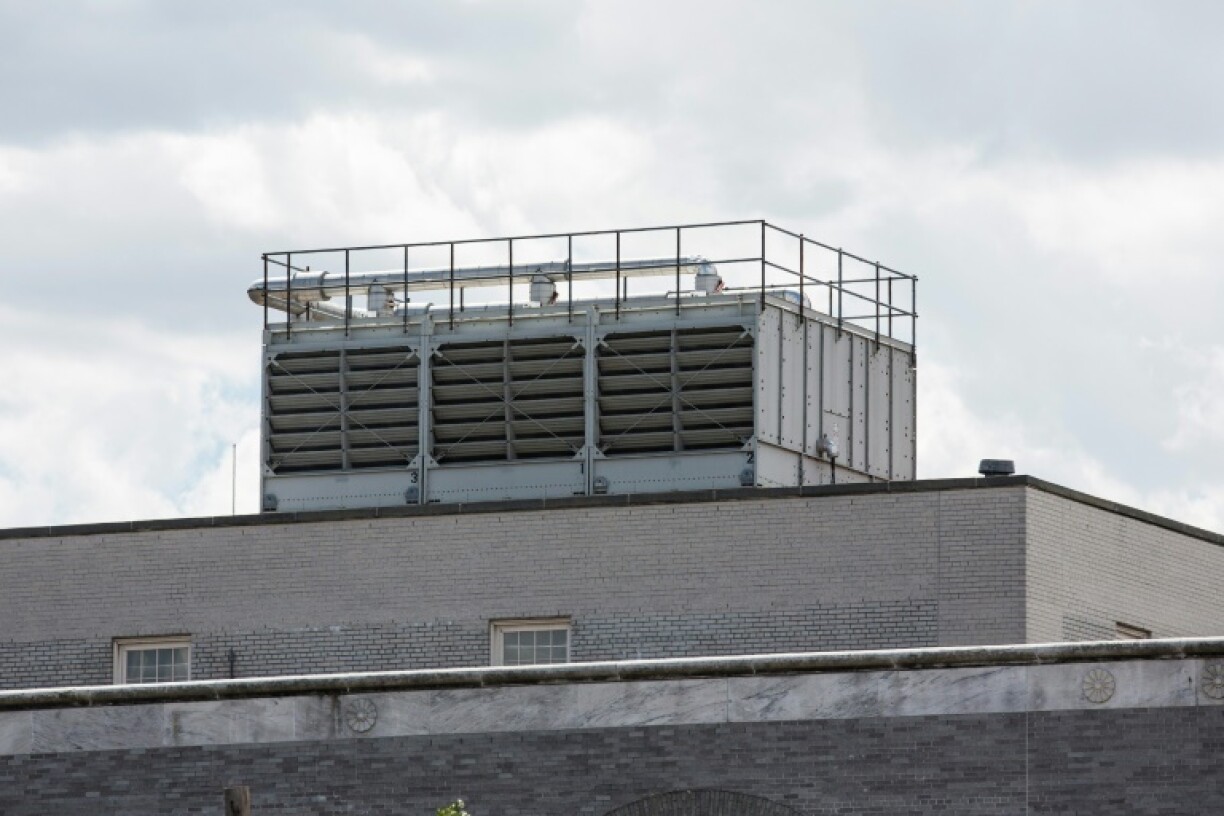
In July, the Steinfort Intercommunal Hospital announced that three cases of Legionnaires’ disease – a severe form of pneumonia – were identified among senior patients. As soon as the cases were detected, the hospital implemented a series of reinforced safety measures, including additional sampling of the water network, preventative treatment of the affected facilities, and temporary reinforcement of disinfection protocols.
More recently, there has been an outbreak of Legionnaires’ disease in New York City’s Harlem neighborhood thought to have originated in contaminated cooling towers has killed five people and put 14 in the hospital, health officials said on Monday.
“The NYC Health Department is currently investigating a community cluster of Legionnaires’ disease in Central Harlem,” the New York City health department said in a statement.
“As of August 18, there are 108 confirmed cases, five deaths, 14 currently hospitalized.”
Legionnaires’ disease, which is not directly contagious from person to person, is caused by bacteria that can multiply in water and air conditioning systems.
Spreading through contaminated droplets, the bug can cause fever and pneumonia, especially among people with weak immune systems.
The disease takes its name from the first known outbreak, which occurred in 1976 at a hotel in Philadelphia where the American Legion military veterans’ association was holding a conference.
More than 220 people fell ill, of whom 34 died.
“The Health Department has sampled and tested water from cooling towers in the investigation zone. Any cooling towers with initial positive results for Legionella bacteria have completed the treatment required by the Health Department,” New York’s health department said in its statement.
“This community outbreak is not related to a building’s hot or cold water supply.”
Atypical form of pneumonia: Several cases of Legionnaires’ disease detected at Steinfort hospital
Investigation ongoing: Legionnaires’ outbreak in Steinfort: Source remains unknown despite lifted alert